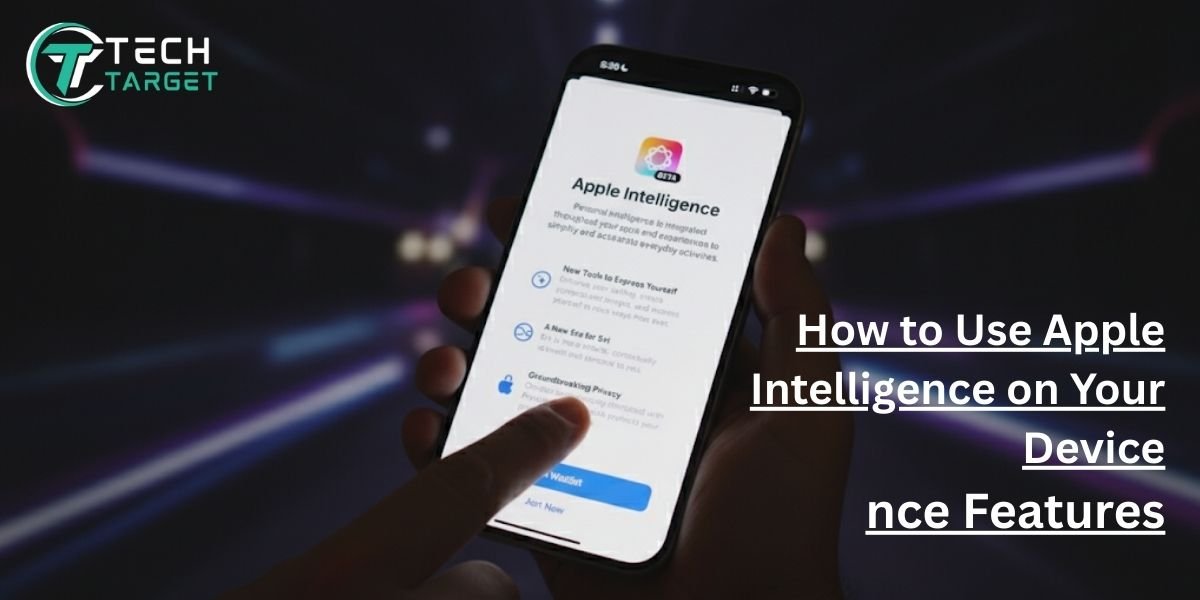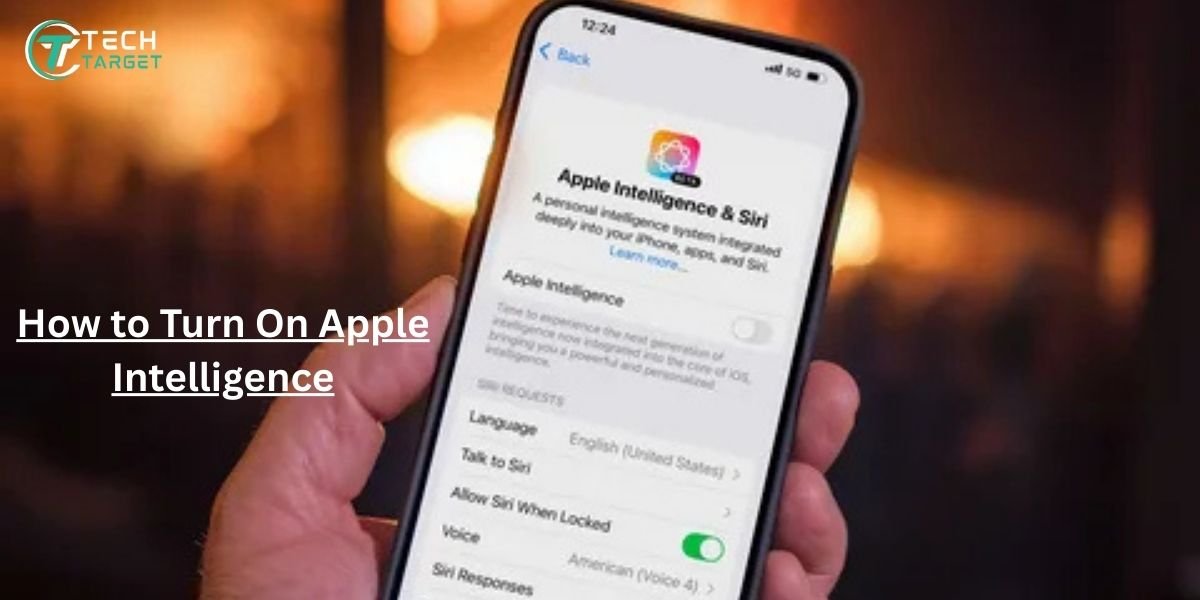Artificial intelligence is overtaking every sector globally and is now transforming workplace culture. This technology is leading the industrial revolution, just like the steam engine did in the 19th century. AI works on large-scale LLMs that are carefully developed by industry-leading tech giants such as Google, OpenAI, Meta, and Microsoft. We are entering the era of information with automation, as McKinsey Research indicates that AI will add $4.4 trillion in corporate use cases, especially in productivity and growth. The long-term AI potential is highly profitable for businesses, as 92% of firms are planning to incorporate AI by 2028. As of February 2026, 91% of organizations report using at least one AI tool, and the focus has shifted from mere “tools” to “Connected Intelligence,” where humans and AI agents work side-by-side as integrated team members. This write-up will cover the influence of AI in the workplace, highlighting the role of this revolutionary technology in automating workplace operations and increasing efficiency. So let’s get started.
The Role of AI in the Workplace
AI is one of the key shifts in the business sector out of the four major platform transitions. First being client-server to the internet, second from web to mobile, third from mobile to cloud, and now to AI solutions. The role of AI is diverse. In workplaces, the implementation is gaining momentum, helping businesses to drive sales and increase business value. According to research, for every $1 of business investment in AI, the return is more than thrice, i.e., $3.70. Microsoft lists around 140 business stories that are improving employee productivity with AI. Moreover, there are many small to large-scale organizations that utilize AI in the workplace to transform their business initiatives and gain an edge in the market. Current 2026 data shows that 84% of professionals report measurable benefits from AI, with 53% citing increased efficiency as the primary gain Here are some use cases that elaborate on how AI enhances workplace efficiency.
Delivering Quick Support
Support staff is crucial for every workplace that delivers high-quality and personalized solutions to customers and executives. However, with generative AI implementation, businesses can enhance this use case with more personalized assistance. AI agents (such as chatbots) are already serving customers digitally, they can also work in physical workplaces. AI agents deliver quick support by learning from business knowledge bases. They can also be integrated into the backend systems to further enhance business operations and generate valuable insights for addressing the problems beforehand. AI agents speed up support, work without any dependence, and automatically take care of interactions between customers and the workforce. By the end of 2026, Gartner predicts that 40% of enterprise applications will feature task-specific AI agents, a massive leap from less than 5% just one year ago.
Self-Service Assistance
With AI in the workplace, Self-service assistance becomes a key solution for the workplace as it helps the workforce to solve their problems independently. According to the research, modern workplaces have AI agents that assist employees in solving problems without the need for support staff. 15% of the workforce even prefers using self-service options rather than communicating the issue to the higher management. This significantly helps in optimising business operations and reduces the dependency of the workforce. This allows focusing on the main objectives of the workplace, helping the business stay in the market competition. In 2026, nearly 50% of knowledge workers are now training to manage these autonomous “digital employees” who handle complex end-to-end processes.
Customer Support Enhancements
AI is transforming customer support completely, and not only for online solutions. It has taken the burden of support agents and admins in noting down customer queries and suggesting personalized solutions. For instance, AI agents can suggest contextually relevant solutions by analyzing customer needs. This minimizes the need for an independent human agent as AI automatically redirects the customers towards the relevant resource in the organization responsible for solving their problem. AI can even alert the workplace executives to improve specific business areas, such as product pricing or service scope. Furthermore, AI in the workplace can automate the quality of customer experience significantly. 75% of businesses in 2026 report higher customer satisfaction scores specifically after deploying these advanced agentic systems.
Automating Workflows
Workflow automation is the key area of AI development. It works on the principle of intelligent automation for the workplace, combining machine learning with automation technologies to optimize productivity. By incorporating AI solutions, organizations can significantly improve the workplace environment. For instance, the hurdle of language translation for employees from different backgrounds will be overcome, and all the FAQs (Frequently Asked Questions) by newbies will be addressed with a single AI solution.
Moreover, teams can use triggers to train AI on service response templates to offer more human-based personalized replies on every inquiry. In the future, AI will further enhance automation as the CX trends report from Zendesk indicates that 86% of business owners believe that AI will become capable of answering any complex query in the upcoming years. AI can also help the HR department of any organization to streamline the onboarding of the workforce while consuming minimal time for the team. 92% of Chief Human Resources Officers (CHROs) now anticipate greater AI integration in daily operations by the end of 2026, with a heavy focus on “role-based” rather than just “task-based” automation.
Strategy Building with AI
Strategy is an important part of business growth and requires sharp minds with lots of data analysis and visualization. Working on large amounts of data (insights) is a time-consuming and resource-intensive activity. AI in the workplace can significantly help in this regard, especially when building future organizational strategy. AI analytics use machine learning to process complete workplace data, covering detailed aspects such as customer sentiments and employee experience metrics. They provide teams with valuable insights, including future support KPIs, workforce working patterns, and organizational hierarchy. This helps business executives make data-driven decisions, simplifying resource management allocation and optimization. In early 2026, organizations utilizing AI for decision intelligence have reported a 6% to 10% average revenue increase due to more precise market forecasting.
Wrapping it Up
The AI footprint is expanding into a wide range of industries, from tech to retail, and each sector is exploring different options to enhance performance. Workplace innovation has become a key area of evolution for AI solutions in delivering exceptional customer experience and employee services. Furthermore, as technology moves forward, the future will bring more automated business solutions that will enhance the workplace even more. It will automate the workflows across all aspects of the workplace, from operational to resource management. In a nutshell, incorporating AI is necessary for remaining relevant in the industry. However, 90% of leaders now agree that culture and change management—not just the technology itself—are the final hurdles to achieving true AI-driven success in 2026.









